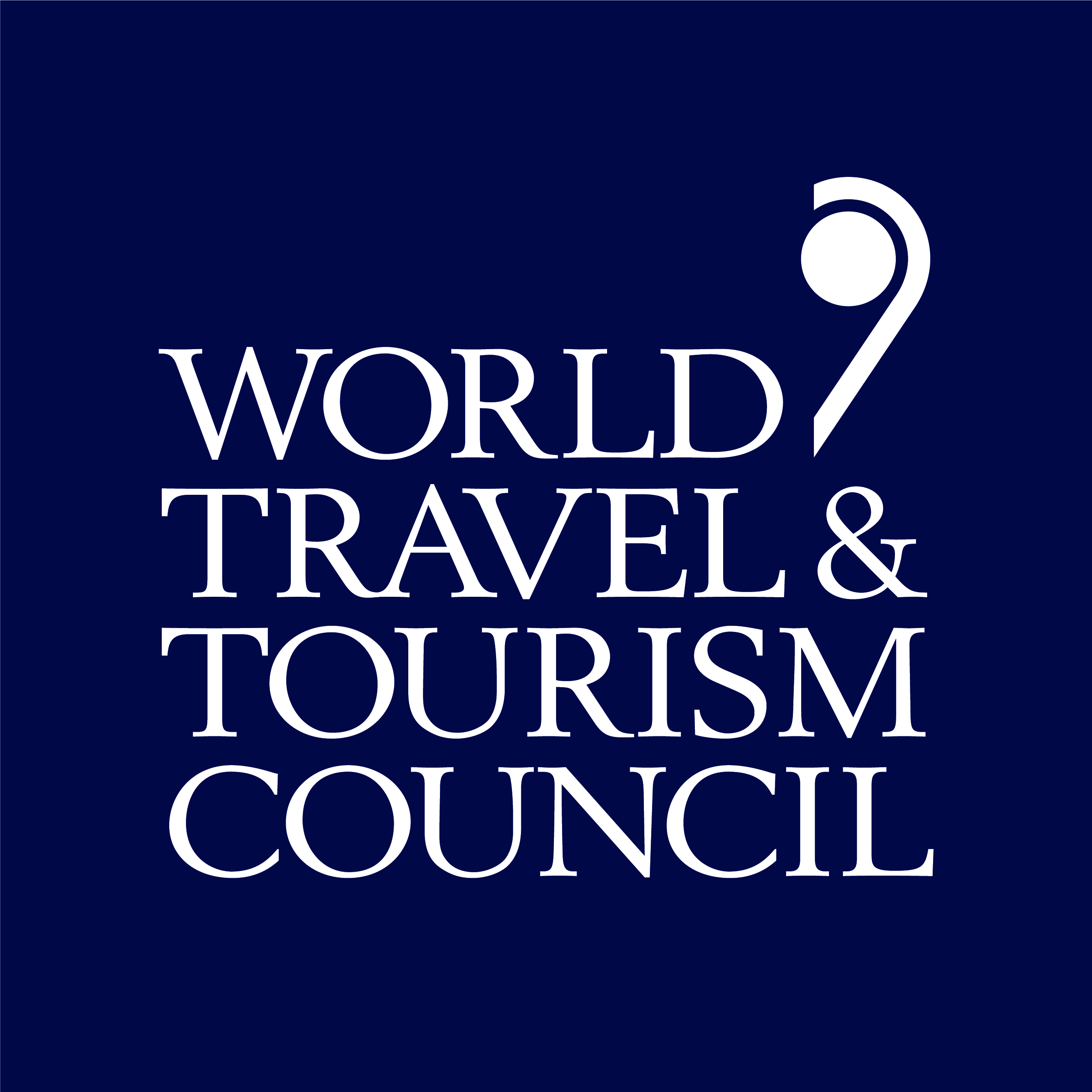How to turn challenges into SME growth strategies

In a sector as dynamic and multifaceted as Travel & Tourism, small and medium-sized enterprises (SMEs) often find themselves grappling with a range of challenges that can impede their growth and sustainability. Common issues faced by SMEs include limited access to capital, fluctuating demand, and fierce competition from larger corporations. Addressing these small business problems and finding solutions is crucial for their success. However, with SME growth strategies, innovation, and a proactive approach, these businesses can navigate obstacles effectively and carve out a successful niche for themselves. Implementing targeted solutions can help SMEs overcome these challenges and achieve sustainable growth in a competitive market.
Sign in to access actionable insights
In a sector as dynamic and multifaceted as Travel & Tourism, small and medium-sized enterprises (SMEs) often find themselves grappling with a range of challenges that can impede their growth and sustainability. Common issues faced by SMEs include limited access to capital, fluctuating demand, and fierce competition from larger corporations. Addressing these small business problems and finding solutions is crucial for their success. However, with SME growth strategies, innovation, and a proactive approach, these businesses can navigate obstacles effectively and carve out a successful niche for themselves. Implementing targeted solutions can help SMEs overcome these challenges and achieve sustainable growth in a competitive market.
Challenges
1) Limited access to capital
One of the most pressing challenges for SMEs is securing sufficient funding. Unlike large corporations with established financial resources, smaller enterprises often struggle to obtain the capital needed to invest in technology, infrastructure, and marketing. This limitation can stifle growth, hinder the adoption of new technologies, and prevent businesses from offering competitive services.
2) Fluctuating demand
Travel & Tourism is inherently seasonal and subject to fluctuations based on various factors such as economic conditions, weather, and global events. For SMEs, this unpredictability can make it challenging to maintain steady revenue and manage resources efficiently.
3) Intense competition
SMEs often find themselves competing against larger, well-established corporations with significant market share and resources. This competition can be particularly challenging in a globalised market where travellers have access to a plethora of options.
Strategies to overcome challenges
1) Leveraging digital marketing and social media
Digital marketing and social media platforms offer powerful tools for SMEs to reach broader audiences and build strong brand identities. By creating engaging content and utilising targeted advertising, SMEs can enhance their visibility and attract potential customers. Social media also allows businesses to connect directly with their audience, gather feedback, and build a loyal customer base.
For example, a small bed-and-breakfast in a rural area can use Instagram and TikTok to showcase its charming accommodations and highlight local experiences. By posting high-quality images and videos and engaging with travellers through comments and direct messages, the business can attract a steady stream of bookings and grow its brand presence despite limited resources.
2. Forming strategic alliances
Collaborating with local businesses and forming strategic alliances can be an effective way for SMEs to enhance their resource sharing and increase market presence. Partnerships with local restaurants, tour guides, and transport providers can create value-added packages and offer a more comprehensive experience to travellers.
For instance, a small eco-lodge can partner with local guides and artisans to offer unique cultural and adventure experiences. This collaboration will not only enrich the lodge’s offerings but also support the local community and attract travellers seeking authentic and sustainable experiences.
3) Embracing sustainable practices
Sustainability is increasingly becoming a key factor for travellers when choosing their destinations and accommodations. By adopting eco-friendly practices, SMEs can appeal to environmentally-conscious customers while reducing operational costs. A great starting point for accommodation providers on their sustainability journey is the World Travel & Tourism Council (WTTC)’s Hotel Sustainability Basics verification scheme. This initiative offers a practical framework for properties to implement fundamental sustainability practices. Through this programme, accommodation providers can focus on essentials like energy efficiency, waste reduction, and sourcing locally. By meeting the requirements, businesses can gain recognition for their efforts and demonstrate their commitment to sustainable tourism, while enhancing both their reputation and operational efficiency.
4) Accessing government grants and financial assistance
Governments often offer grants and financial assistance programmes to support small businesses. They can provide the necessary funding for technology upgrades, infrastructure improvements, and marketing initiatives. SMEs should actively seek these opportunities and apply for relevant grants and support programmes.
In the face of adversity, the resilience and adaptability of SMEs can turn challenges into opportunities for growth and differentiation. As the Travel & Tourism landscape continues to change, small businesses that embrace these strategies will be well-positioned to navigate the turbulent waters and achieve long-term success.

















